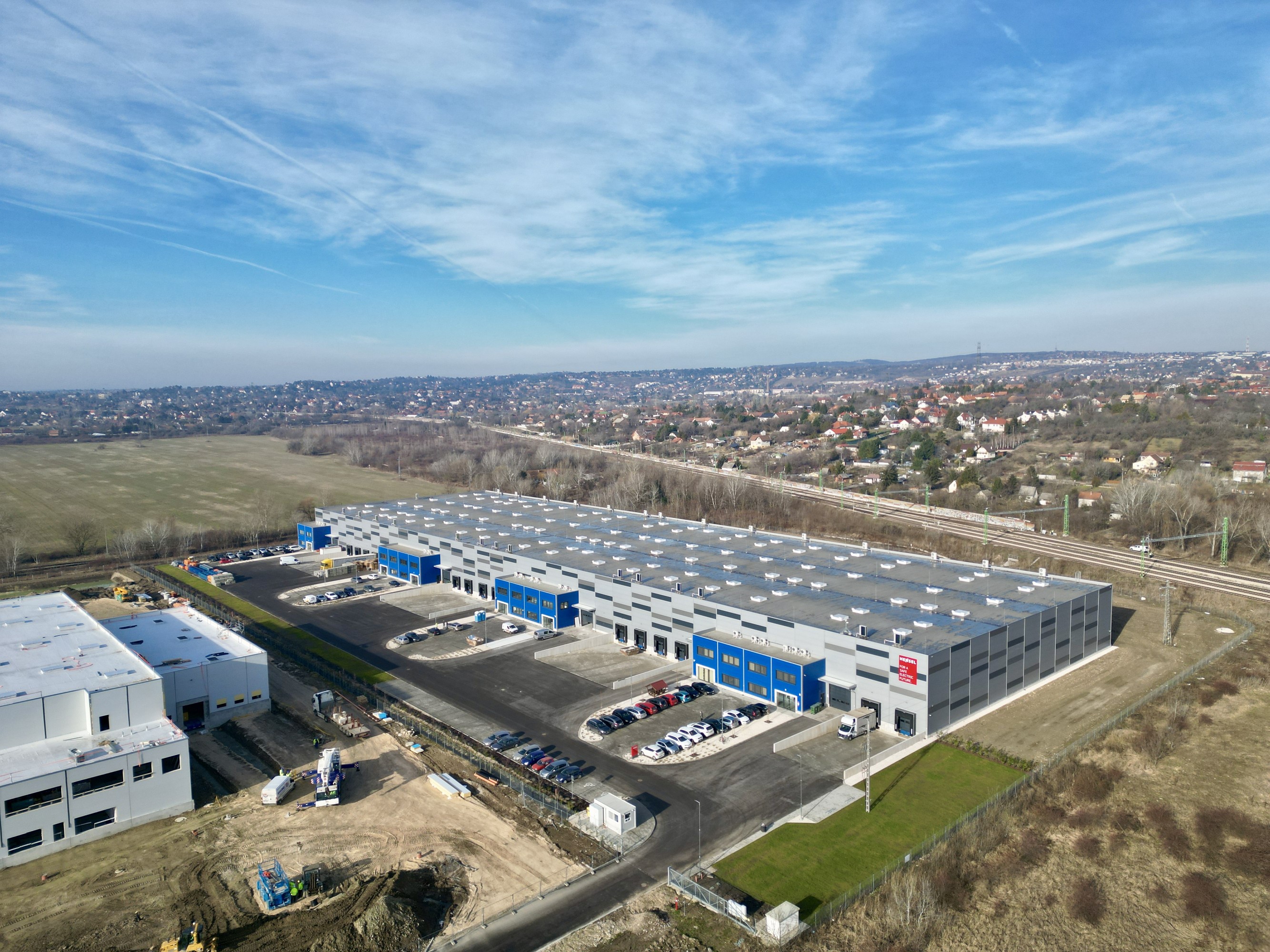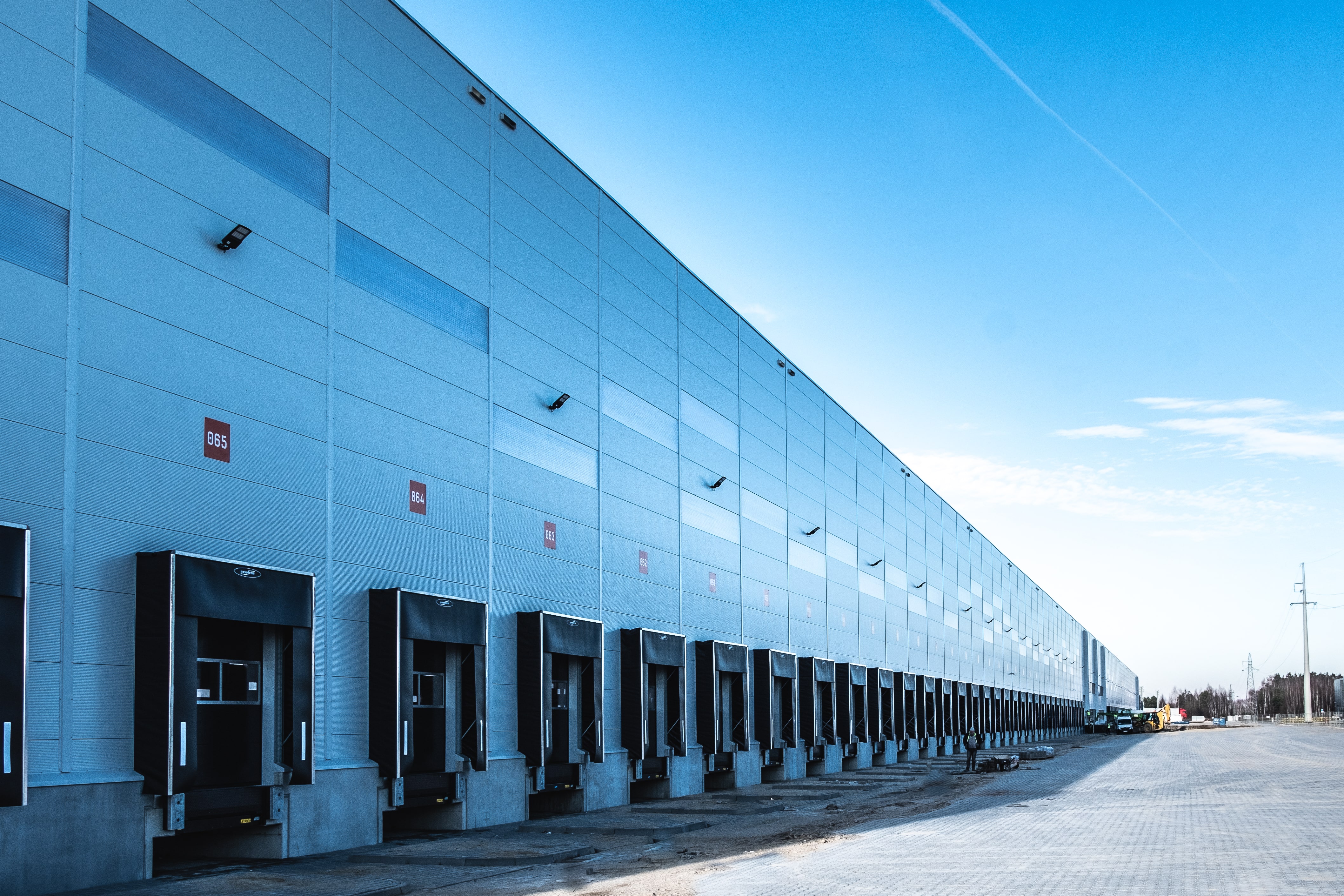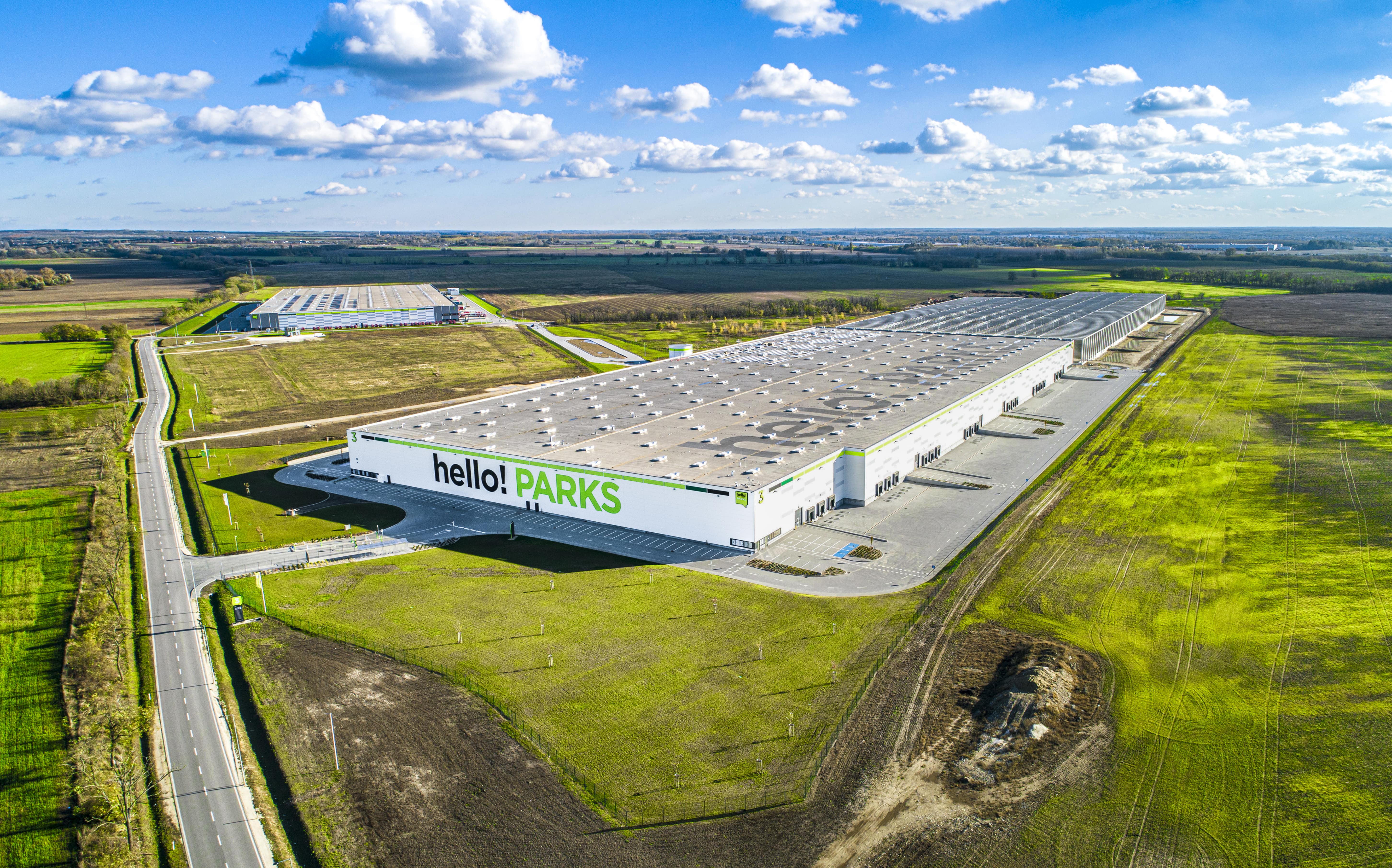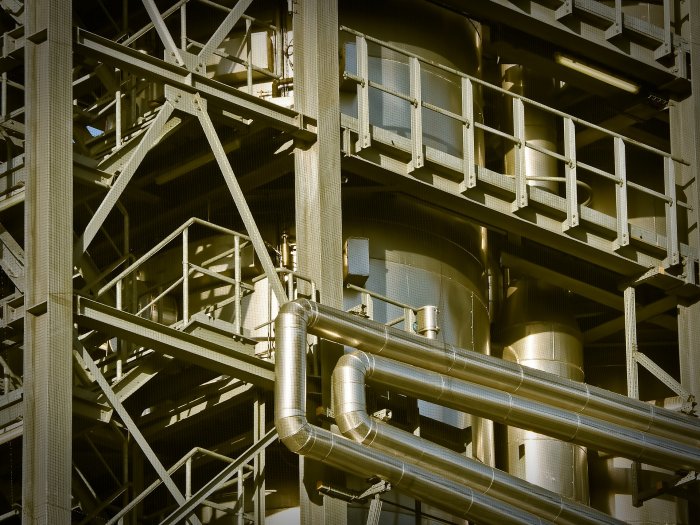Retail sales turnover keeps growing on Sunday trading
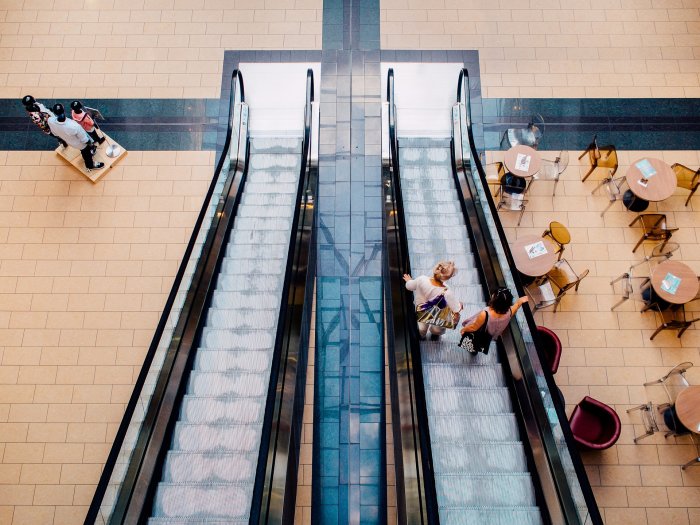
Image by Pixabay
Although less than a year has passed since the Hungarian government abolished its law prohibiting major retailers from opening on Sundays, Hungarian retail sales and turnover have continued to show healthy growth, real estate advisory firm CBRE says in a Retail Market View sent to the Budapest Business Journal this morning.
This growing trend has contributed to unbroken demand on the retail real estate market, CBRE says, while adding that the market remains pressed by the lack of available supply resulting in upward pressure on rents.
As far as CBRE’s retail stock is concerned, during the first half of the year one mixed-use landmark development (Váci 1) was completed in downtown Budapest, including a 6,200 square-meter retail element that was entirely pre-leased to H&M for its new flagship store in the country, the CBRE report says.
With regard to the building of shopping centers or malls, CBRE sees the pipeline running dry as no such developments are expected before 2019, when Futureal Group’s Etele Plaza is scheduled to be launched. At the same time, the high street retail supply in downtown Budapest is likely to see a considerable increase along with new office, hotel and residential buildings, CBRE expects.
On the periphery of the capital, the next year will see the opening of IKEA’s newest store in Soroksár, followed by an 8,000 sqm extension of the Immochan mall in the same area in 2018, CBRE notes.
Retail take-up exceeds 24,000 sqm in H1
In the first half of the year, retail take-up totaled 24,300 sqm with 79 new store openings and ten expansions of existing units with an average size of 275 sqm. In total, 76 individual brands opened new stores, of which three were new international brands entering the Hungarian market in the first half.
In addition to the stores opened, CBRE is aware of 15 new openings which are scheduled for the second half of the year on a total area of 5,400 sqm. These anticipations point to a robust annual take-up for the year, according to CBRE.
As CBRE sees most shopping centers – even secondary schemes – coming close to full occupancy, demand of retailers is increasingly shifting towards high-street locations, while in the first half of the year high-street and shopping center take-up were almost equal.
In terms of total take-up, fashion retailers were the most active during the first half, accounting for 47%. Within this figure, CBRE sees the dominance of H&M, which opened its largest European store on an area of 6,200 sqm in the newly repositioned Váci 1 scheme, as well as local family fashion chain Shey’s, which opened two stores of over 1,000 sqm in secondary shopping centers.
The food and beverage segment was also seen performing strongly, with restaurants and coffee shops having the third-highest share of take-up. The great majority (84%) of these set up shops on the high street, while the remainder of such openings took place in shopping centers.
Turnover continues rising
In what CBRE described as “impressive turnover” in its report, shopping centers typically recorded overall turnover growth in the 7-9% range compared to the corresponding period a year earlier, with many large non-food retailers registering double-digit turnover increases in most schemes.
Footfall has gained momentum following the abolition of the Sunday closing law in March. The typical footfall increase in Budapest shopping centers ranged between 4% and 6%, and as a consequence the average basket size has kept growing, CBRE says.
On strong demand, rental rates rise
The strong retailer demand, coupled with decreasing availability in most retail schemes, maintains a constant upward pressure on rents, CBRE notes. Prime shopping centers’ rental rates in Budapest are quoted in the range of EUR 65-90 / sqm / month, exceeding last year’s level by 5-15% on average.
Tier-2 centers in Budapest have also registered 10% rental growth on average, with rents now reaching EUR 24-36 EUR / sqm / month. Typical rents in the best shopping centers in regional cities are also up by 15%, currently standing at 30-50 EUR / sqm / month, according to data from CBRE.
High-street rents have increased by 10-20% in the prime shopping streets of Váci utca and Andrássy út, getting close to their pre-crisis levels. Most recently, rents on secondary high streets have also started to increase, reflecting growing retailer demand in such locations as well, the CBRE report concludes.
SUPPORT THE BUDAPEST BUSINESS JOURNAL
Producing journalism that is worthy of the name is a costly business. For 27 years, the publishers, editors and reporters of the Budapest Business Journal have striven to bring you business news that works, information that you can trust, that is factual, accurate and presented without fear or favor.
Newspaper organizations across the globe have struggled to find a business model that allows them to continue to excel, without compromising their ability to perform. Most recently, some have experimented with the idea of involving their most important stakeholders, their readers.
We would like to offer that same opportunity to our readers. We would like to invite you to help us deliver the quality business journalism you require. Hit our Support the BBJ button and you can choose the how much and how often you send us your contributions.





